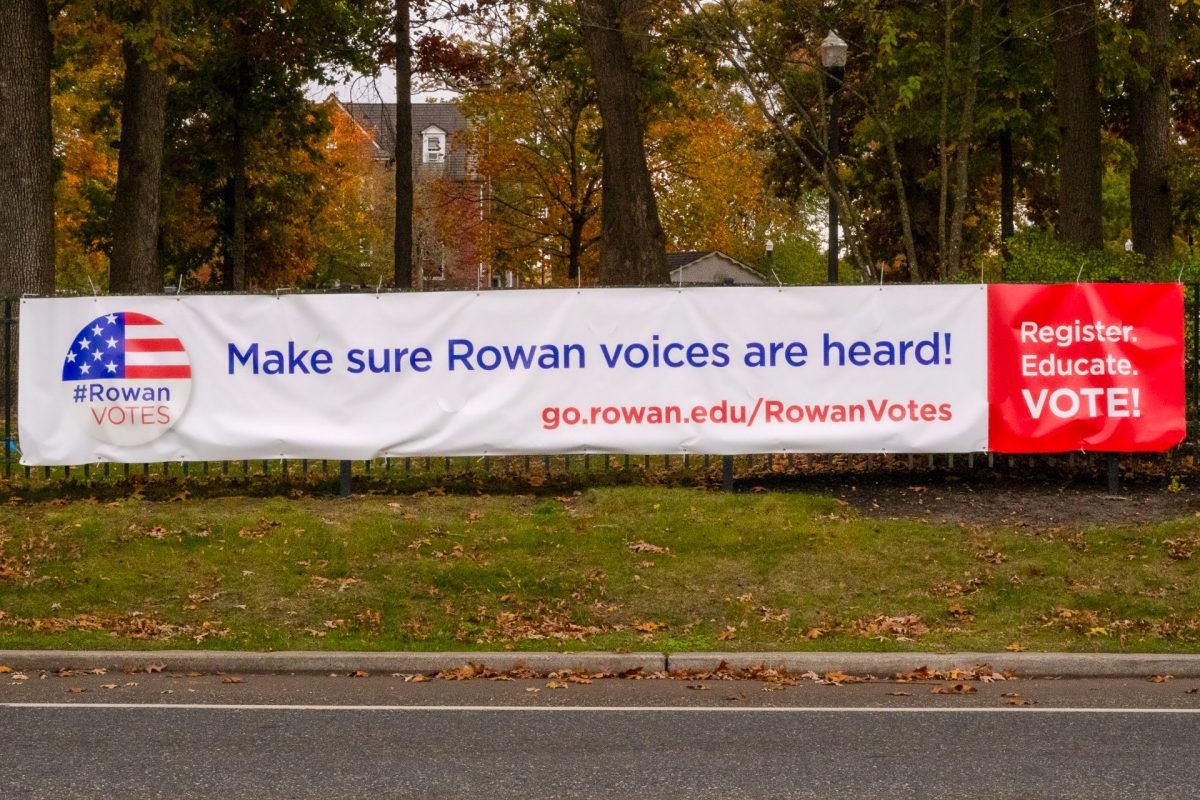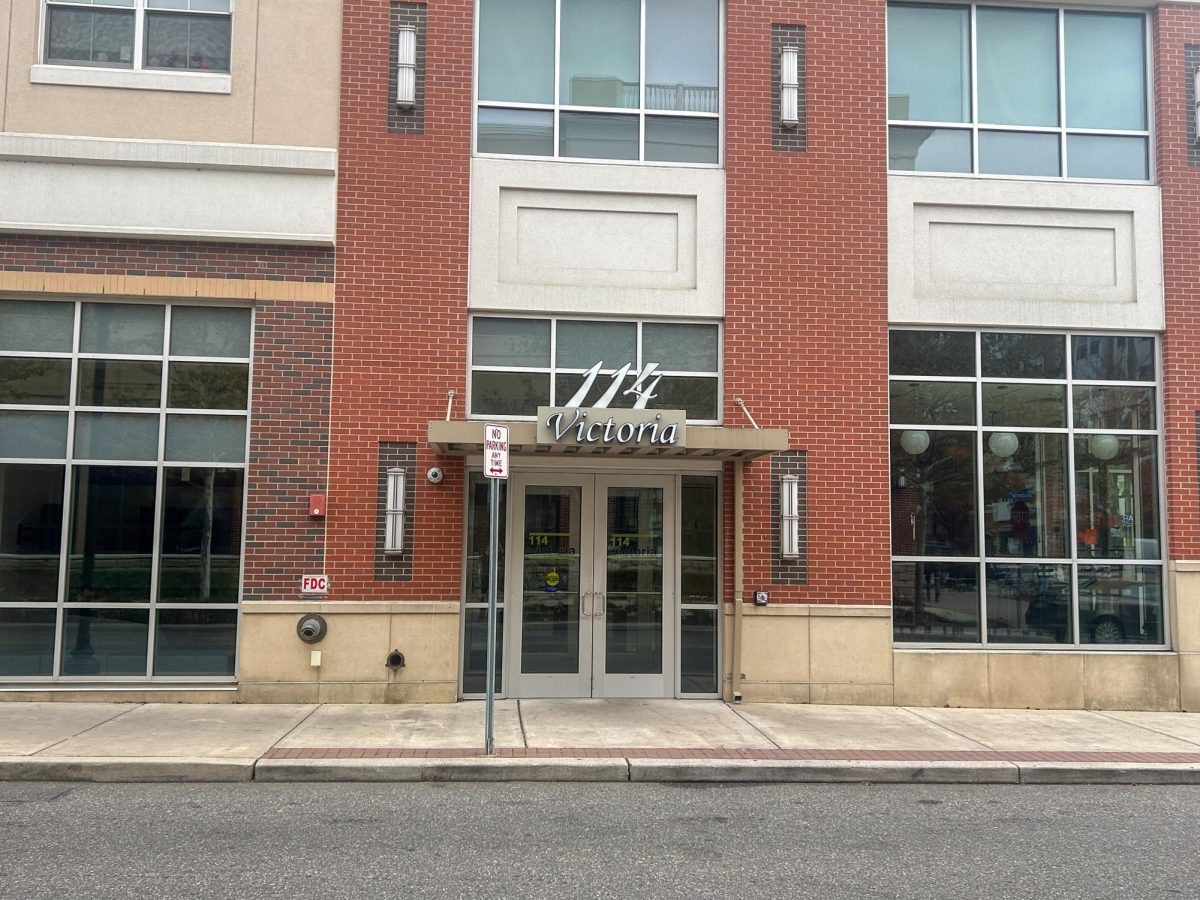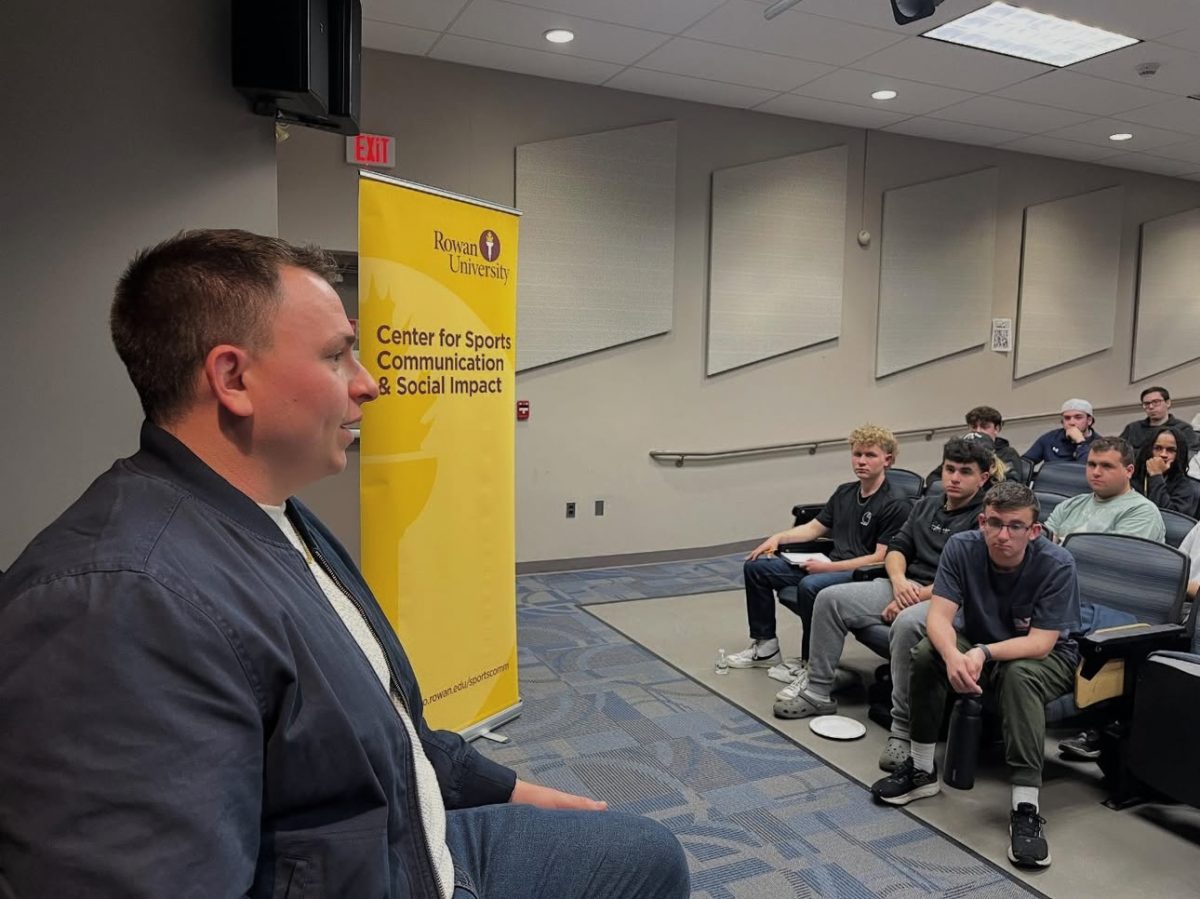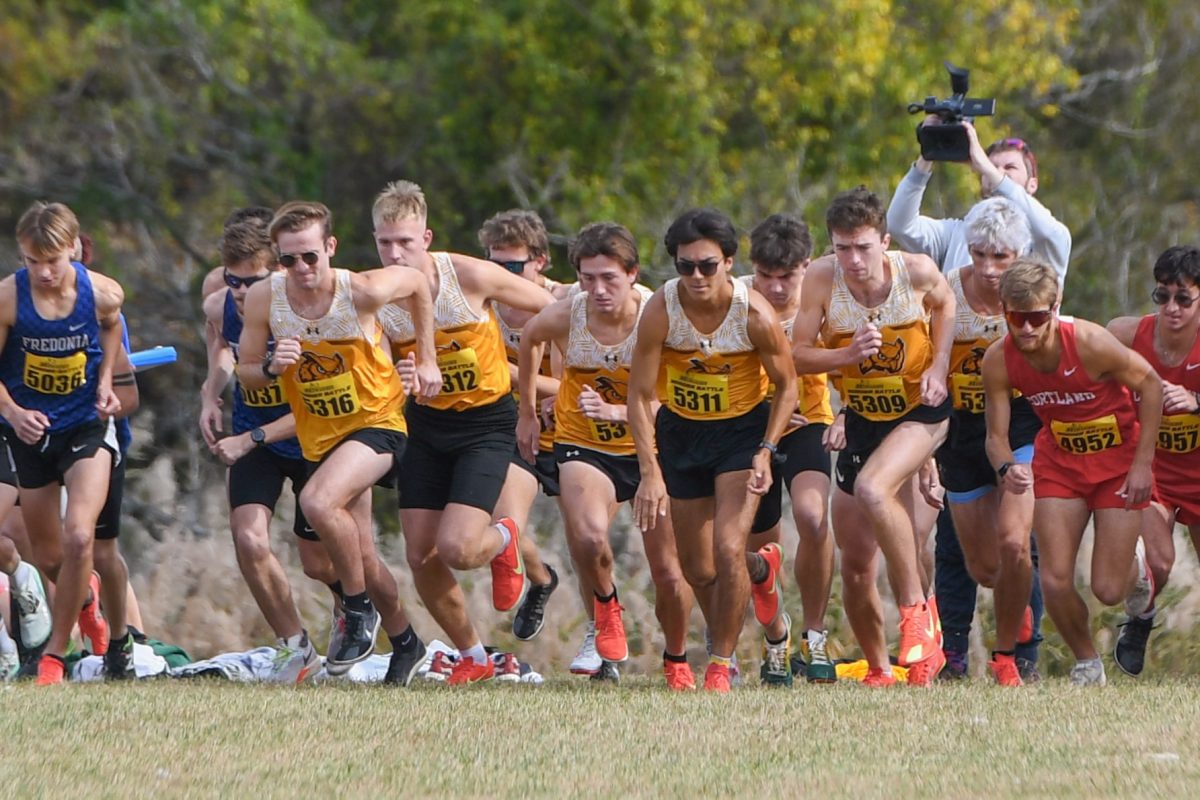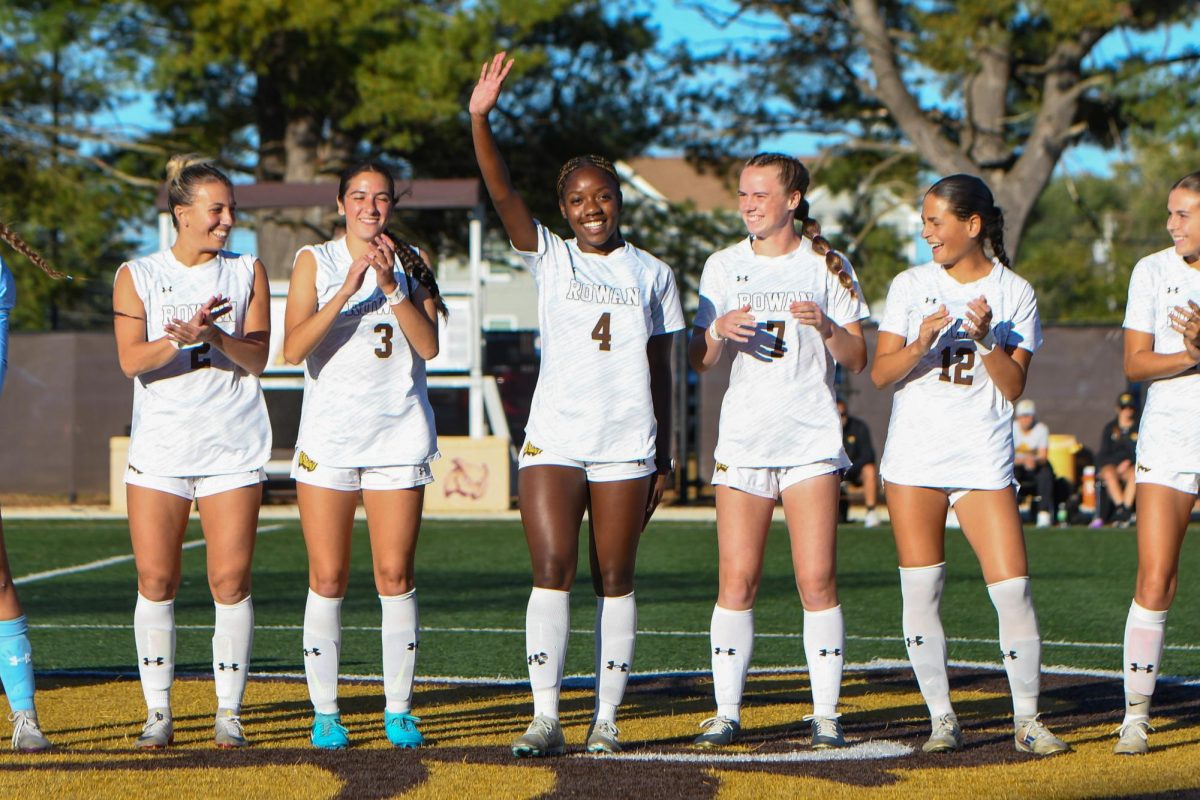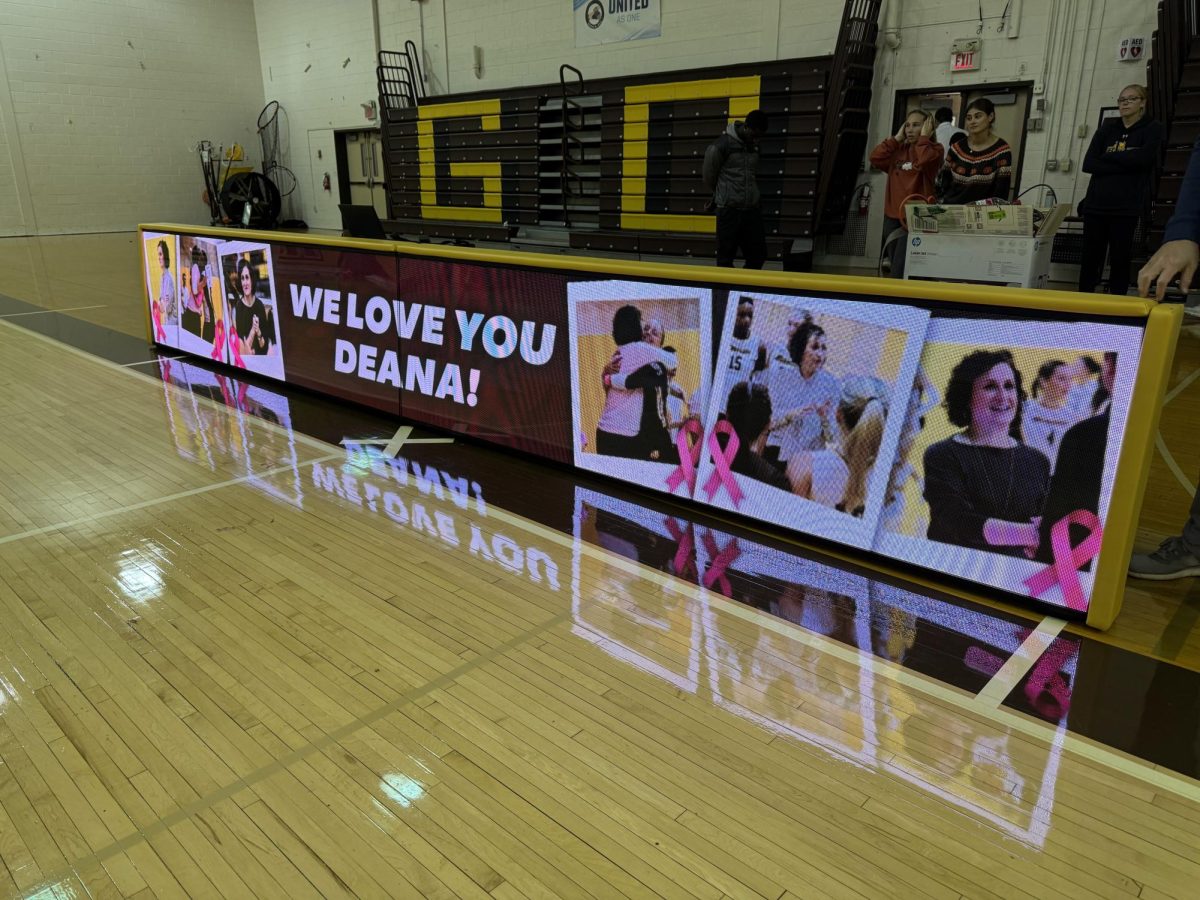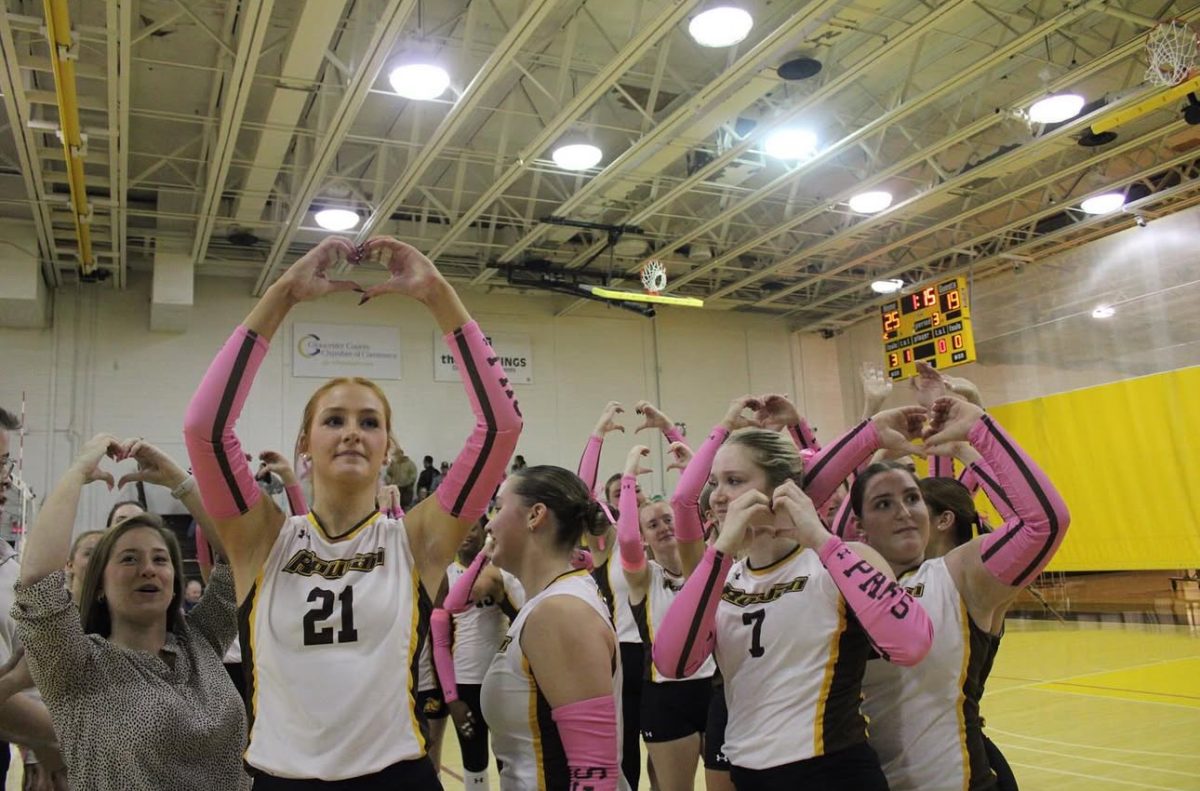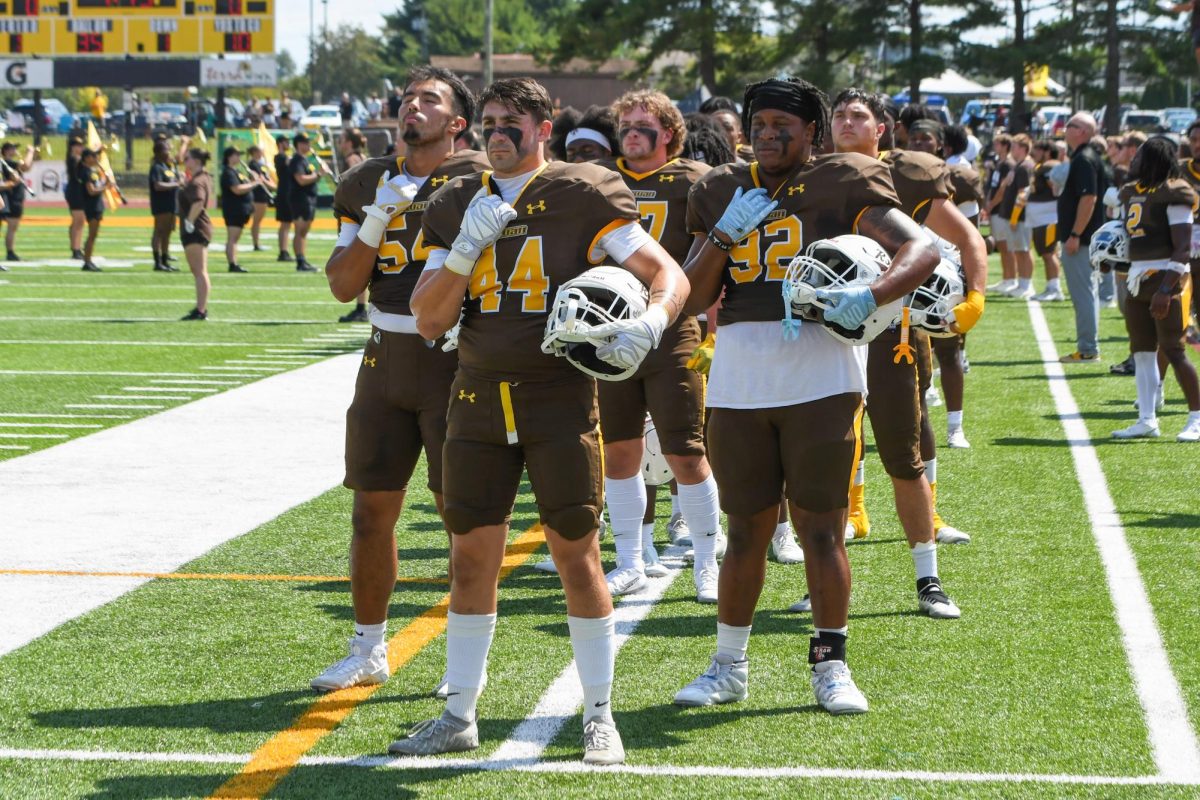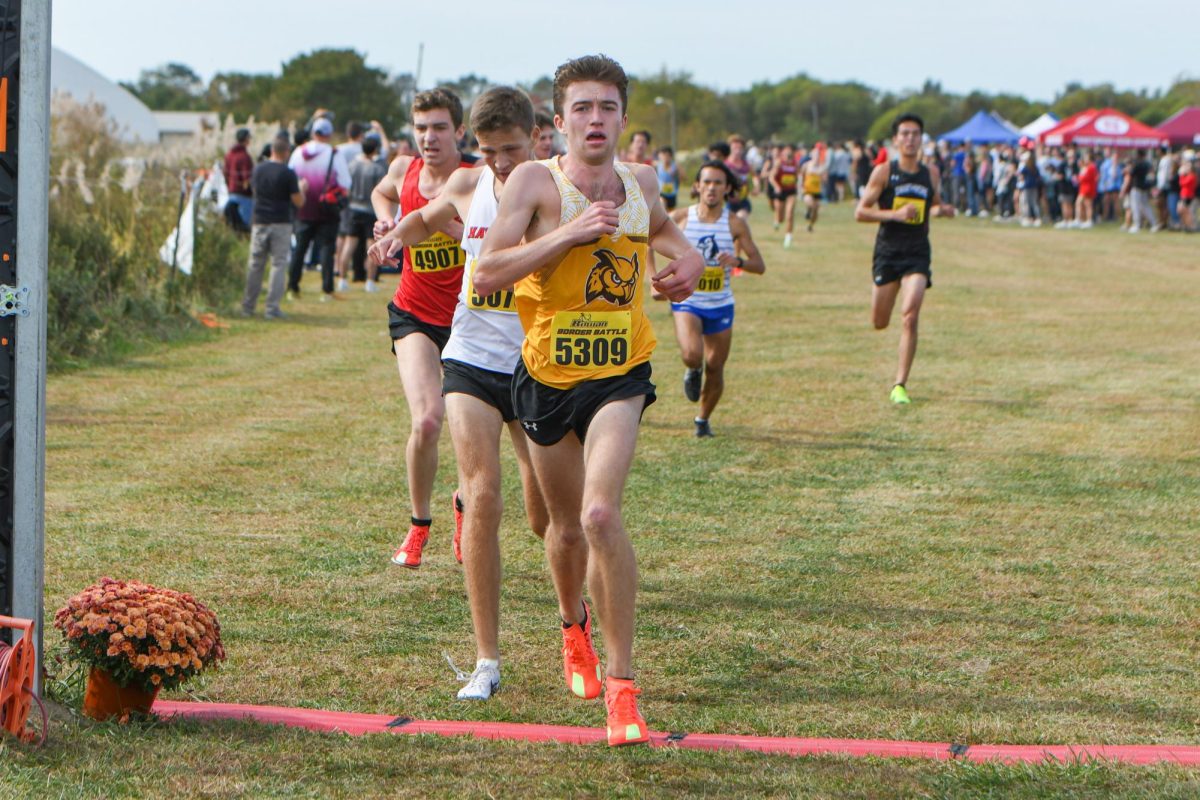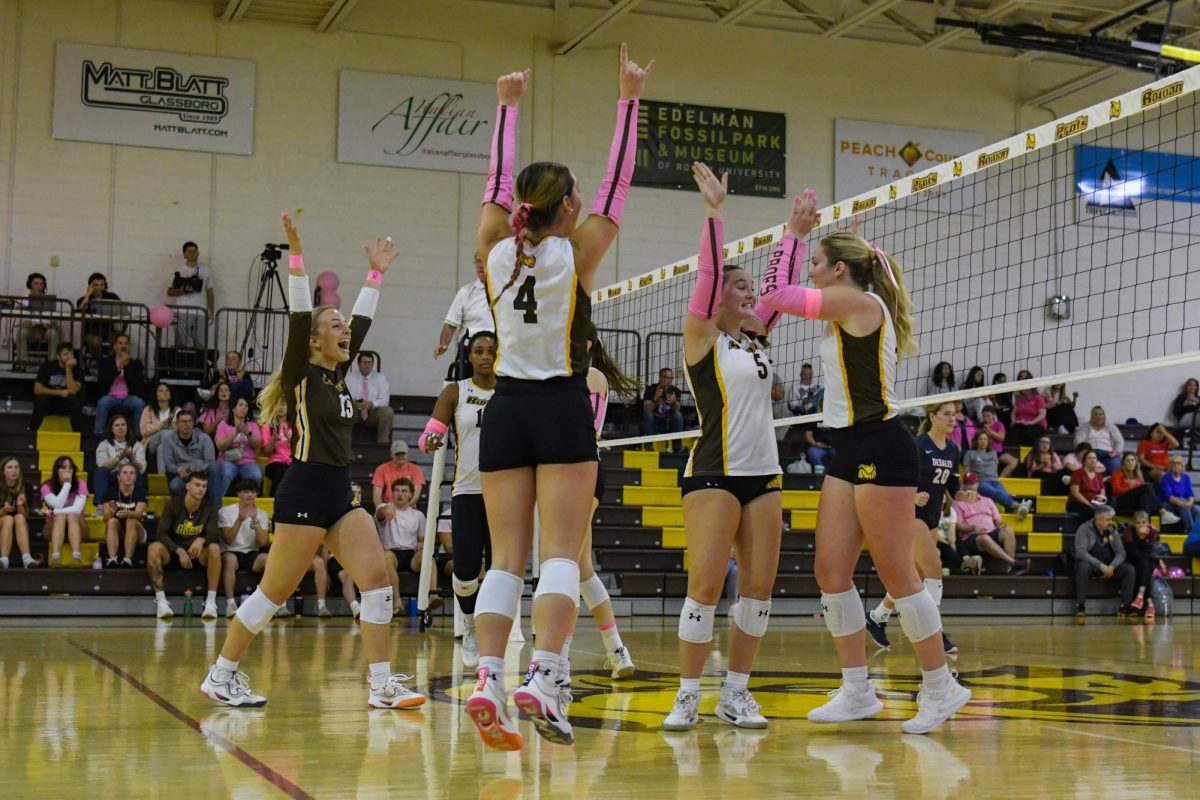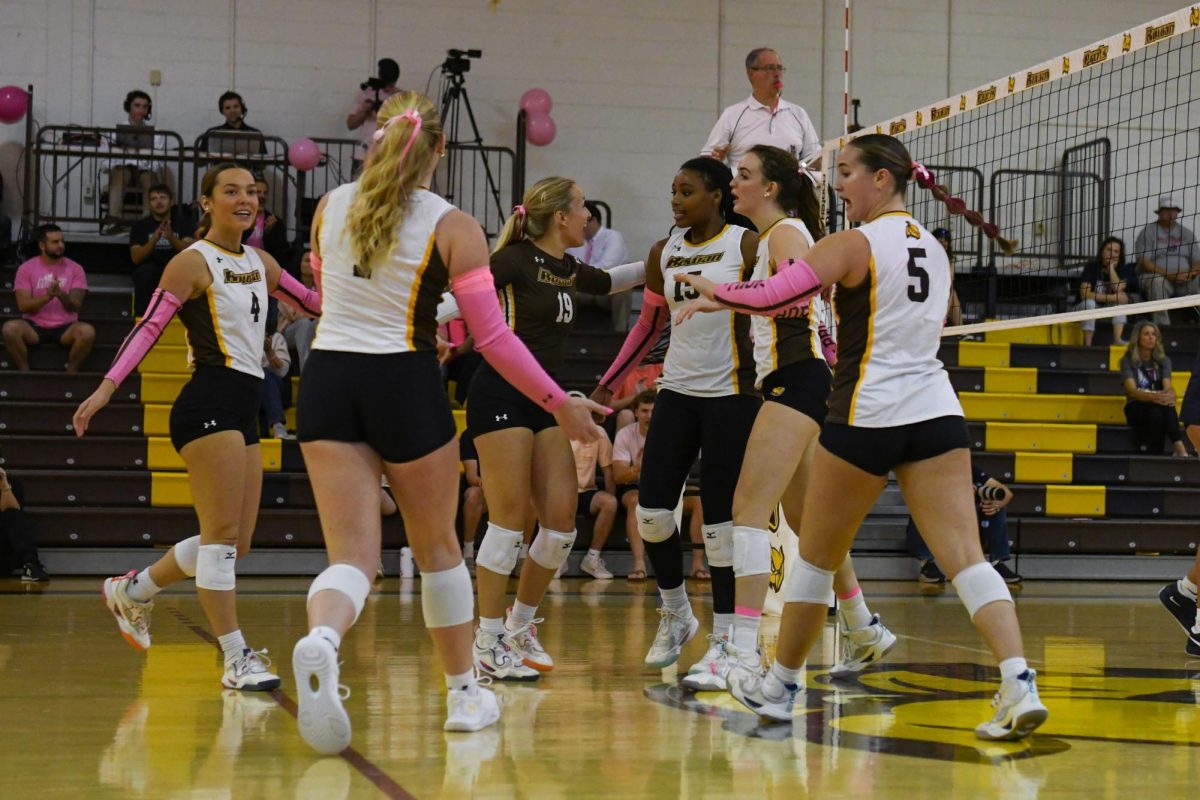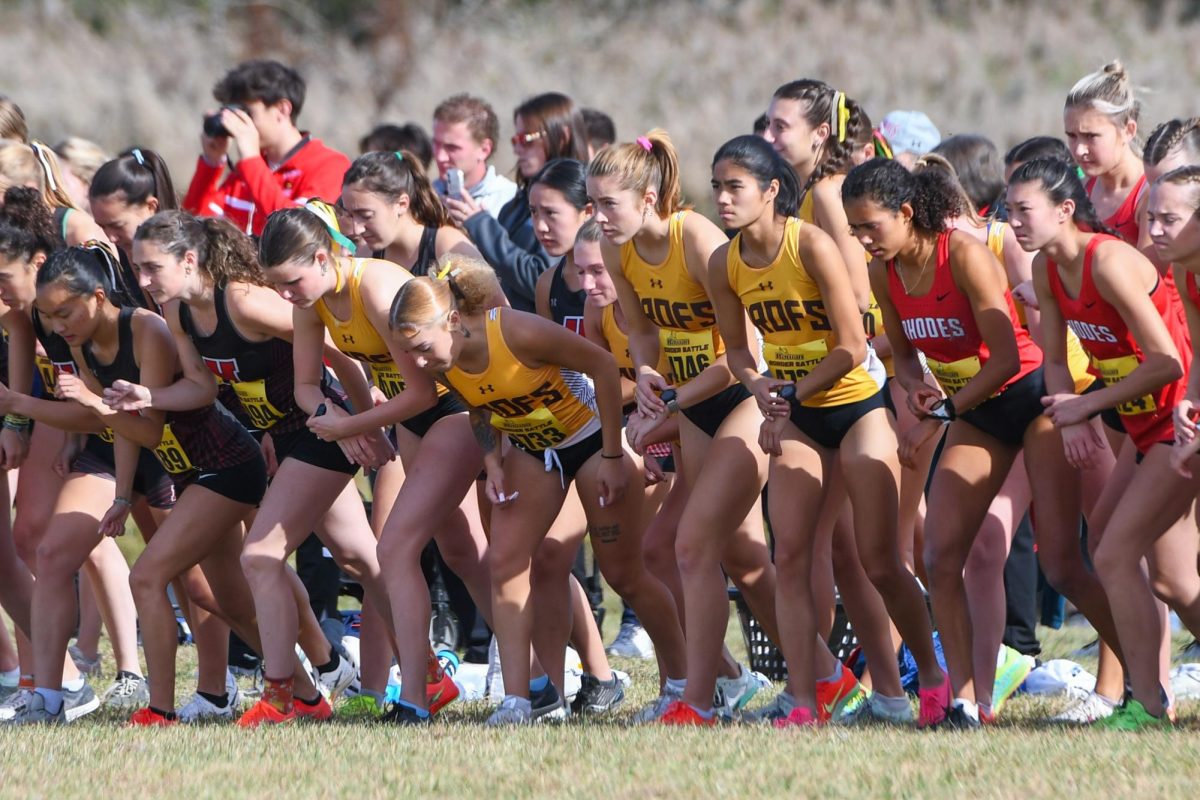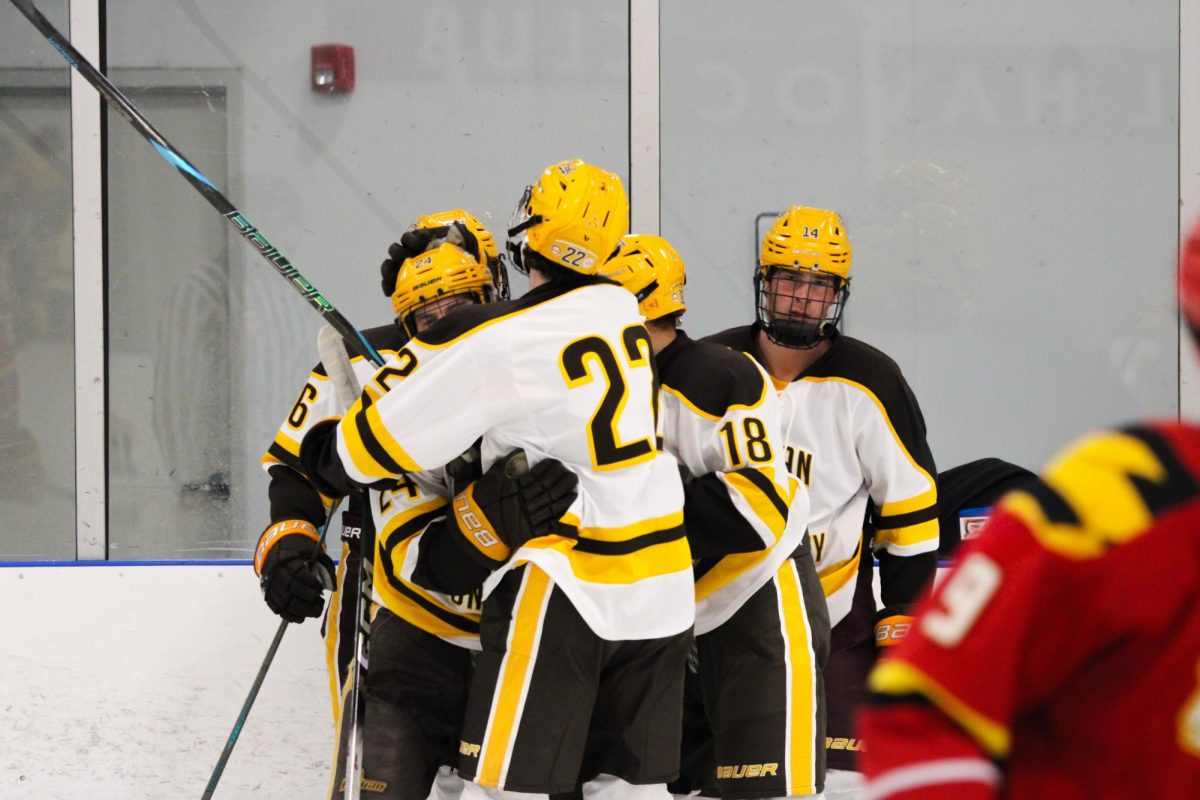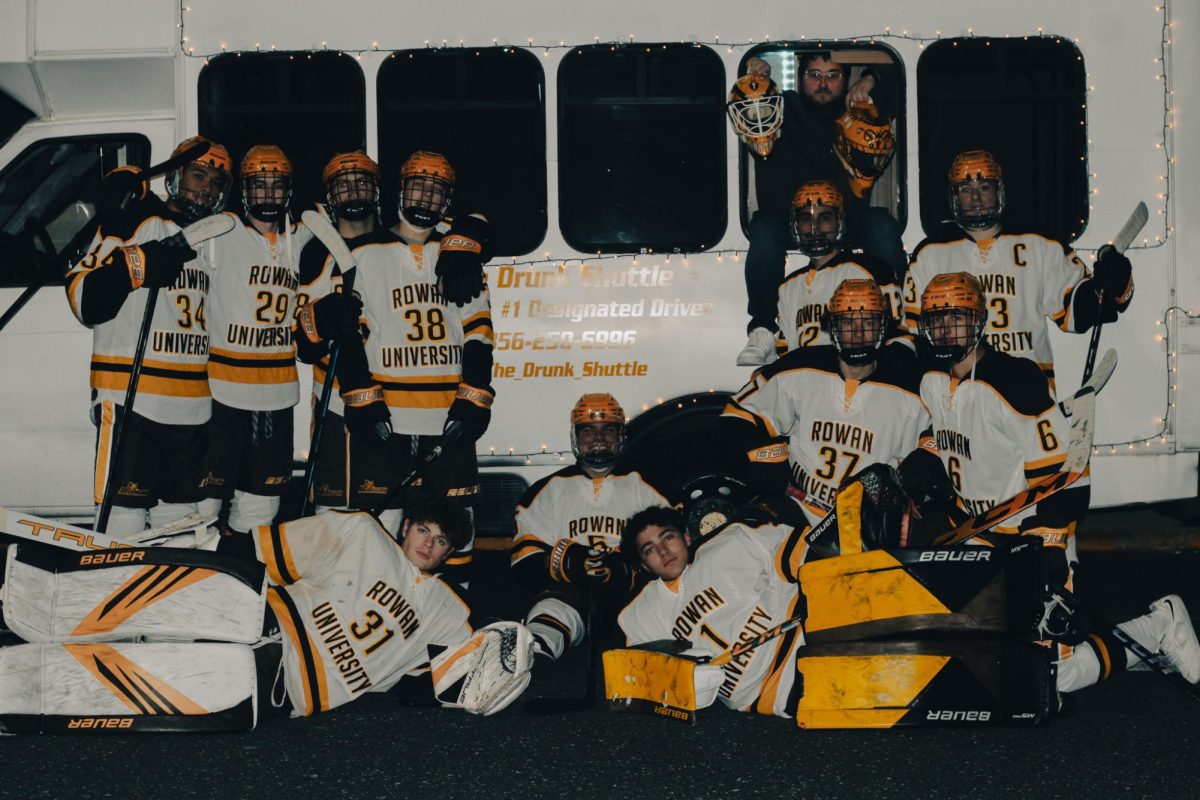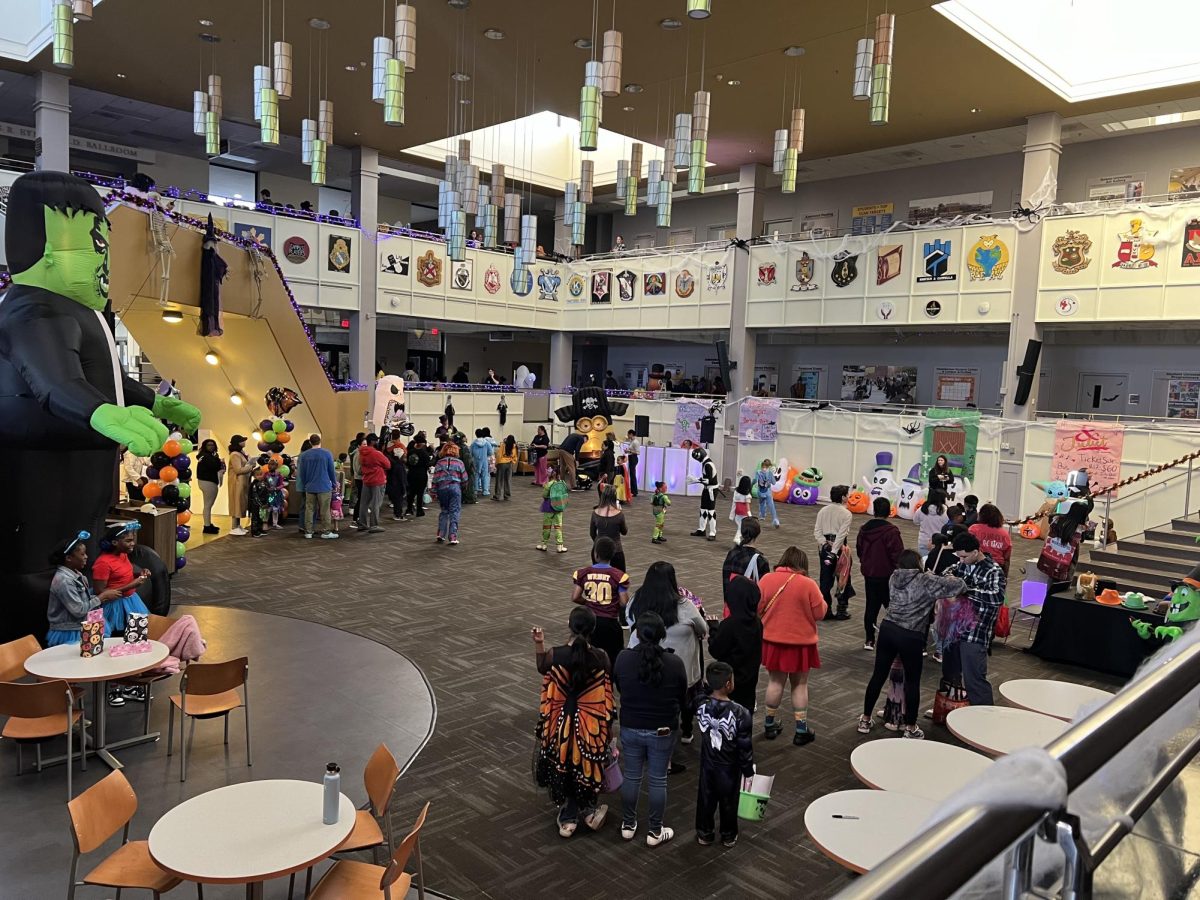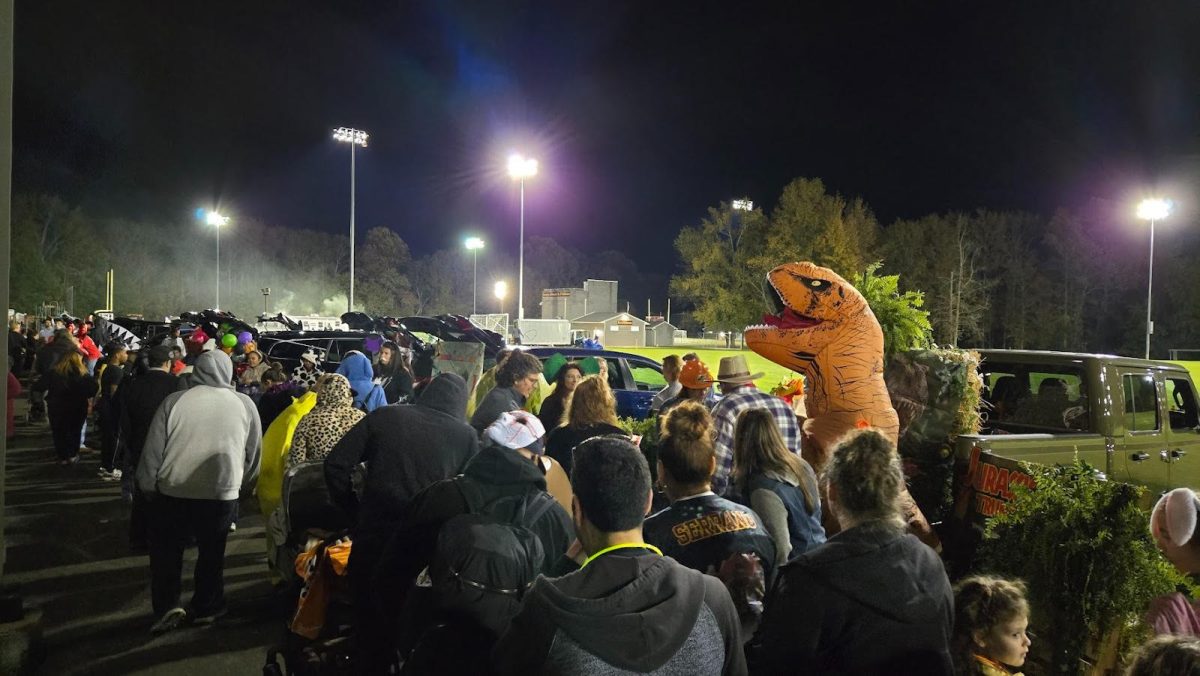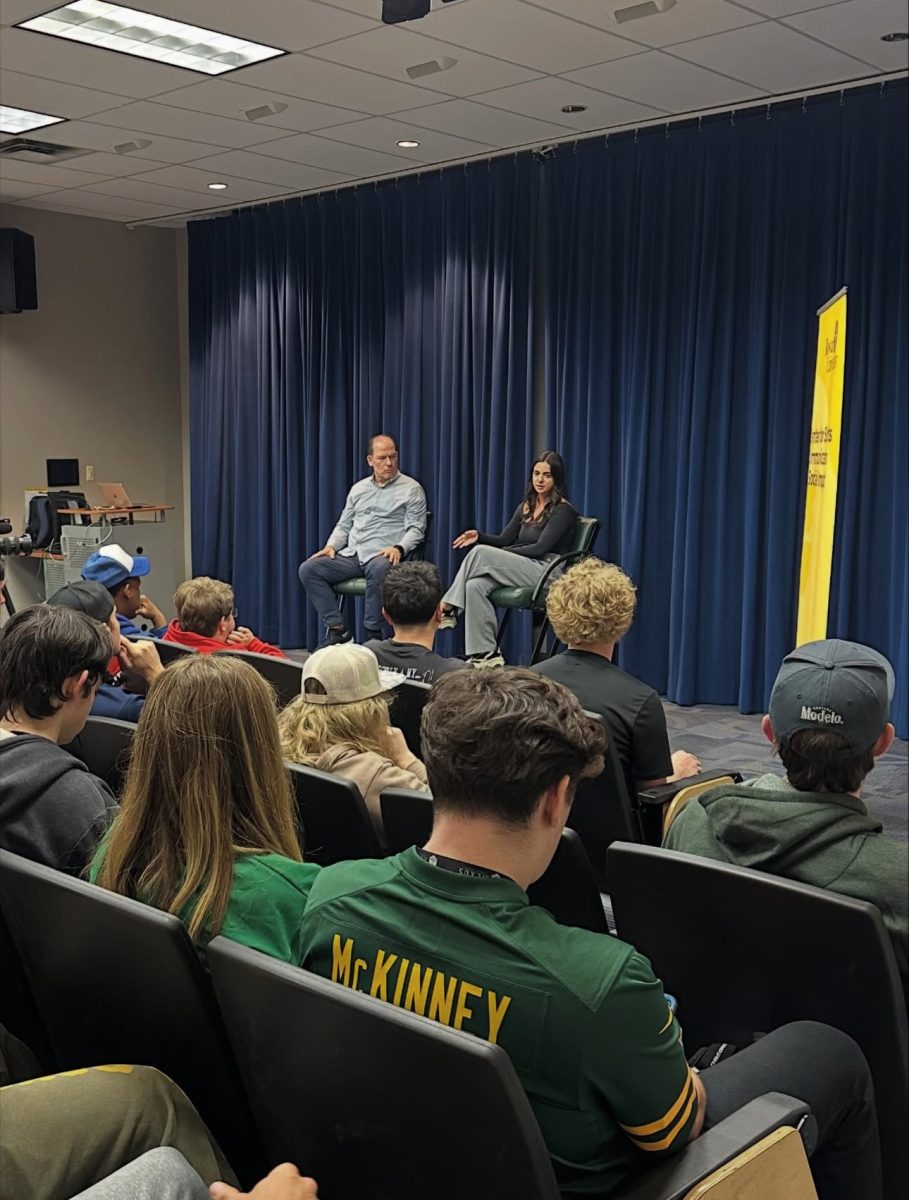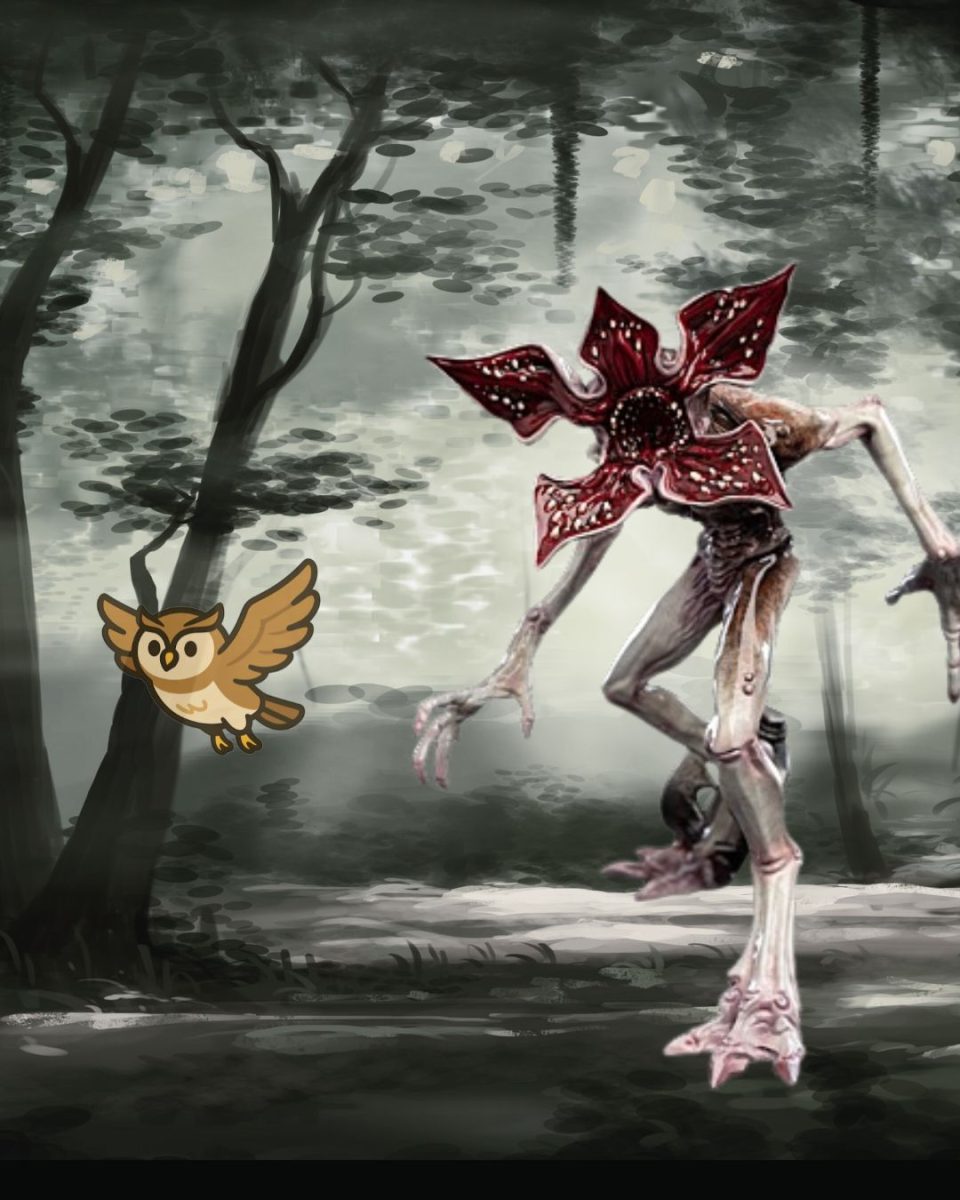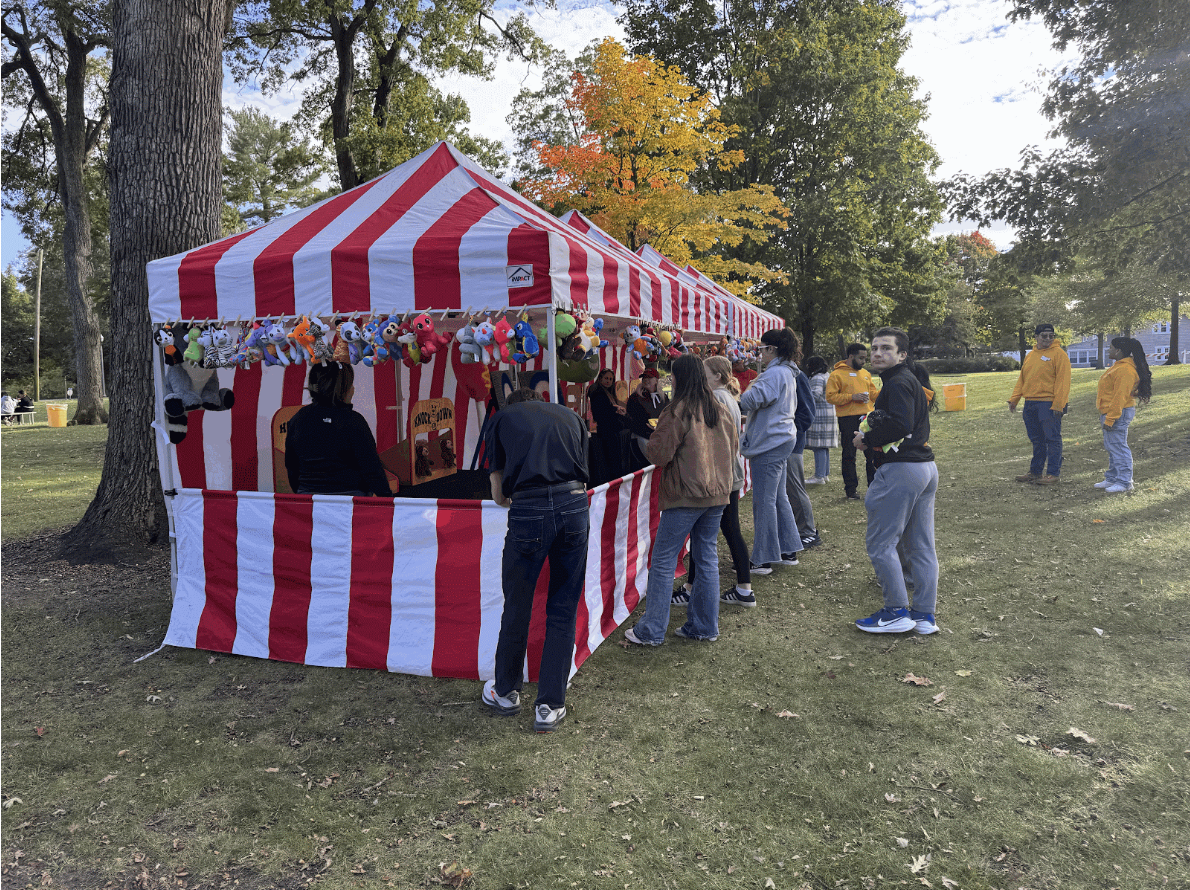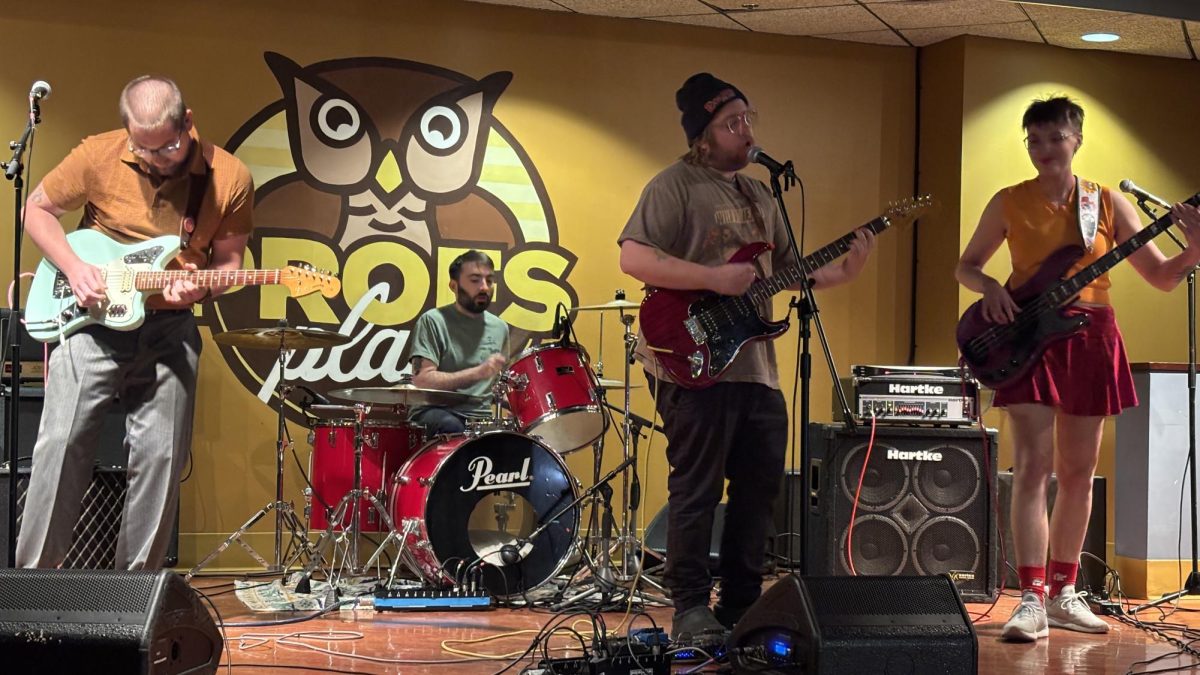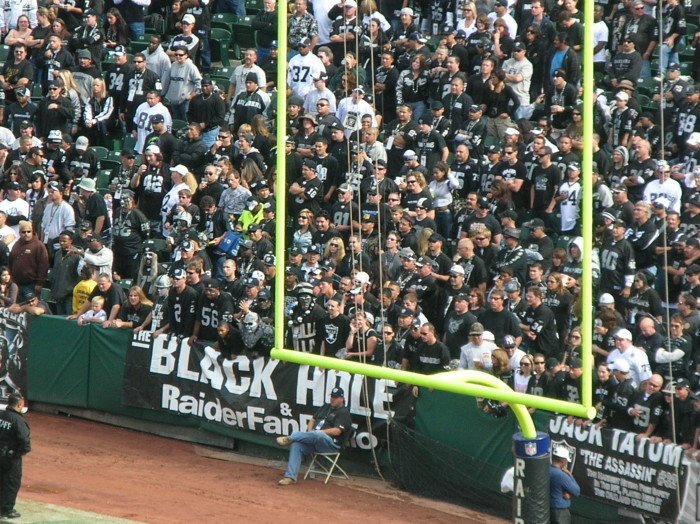If you’ve been watching football this season, then you’ve most likely heard all the buzz surrounding relocation proposals.
The St. Louis Rams, San Diego Chargers and Oakland Raiders were among teams that filed relocation forms in order to move to Los Angeles. NFL owners voted 30-2 in favor for the Rams to move back to Los Angeles, where the franchise played from 1946 to 1994. With this decision, the Chargers were given the opportunity to either join the Rams in L.A, or to remain in San Diego. CEO Dean Spanos stated that the Chargers would stay put, and would work on creating a new stadium for the long-term in San Diego.
This decision by Spanos gave Raiders owner Mark Davis the option to join the Rams in L.A, but Davis was intrigued by casino owner Sheldon Adelson’s plan to build a $1 billion indoor football stadium on the campus of University of Nevada-Las Vegas. This idea of the Raiders moving to Vegas opened up the eyes of owners, companies and fans.
Would this potential move bring positive or negative effects to the NFL?
Las Vegas is one of the largest gambling centers in the world, and that doesn’t attract NFL owner Roger Goodell. The NFL has become known for its stance on sports wagering, with Goodell repeatedly making it public that the league will not condone sports betting.
Football seems like it was predetermined to become attractive in the eyes of betters, though. “Teams play just once a week, setting a perfect, regular pace for gamblers.” (Greg Couch, VICE.com). The NFL must know that things like this are happening, but they aren’t doing anything about it. Placing a team right in Las Vegas would be the equivalent of both Johnny Manziel and the Browns’ franchise: a mess.
What about the people of Oakland? The guy that has been a lifelong Raiders fan and has season tickets? It would be a shame if you had to take an eight and a half hour drive from Oakland to Las Vegas for a home game, or pay the expenses that plane tickets present.
Oakland has been known for its exciting football history. From players such as Howie Long, Ken Stabler and Gene Upshaw, to Charles Woodson, Bo Jackson and now emerging stars Derek Carr and Amari Cooper. Oakland is finally getting back on the right track; maybe not as quite on the same level of the Super Bowl 37 Raiders—although they got beaten down by Tampa Bay, they were still insanely dominant—but they can be on their way up.
A fan base that is finally getting the taste back of what it is like to see potential and winning, might just get that slapped out of their mouths. If the Raiders were to move out to Las Vegas, a good majority of their fans might not follow, due to feelings of disrespect and bitterness. Supporters of the Baltimore Colts can tell you all about how that move felt.
On the other hand, the residents of Las Vegas could benefit greatly if the Raiders set up shop. With a city that holds 17.1% of people below the poverty level, the addition of the Raiders surely would lower that number with the increase of jobs a new stadium and other amenities such as hotels and entertainment bring to the table.
The Dallas Cowboys are a great example of creating opportunities. When AT&T Stadium was built in 2009, the city of Arlington, Texas was ecstatic. Remember, stadiums aren’t just built for teams to play in. They hold major events as well, such as fundraisers, concerts and local events. If you combine all of that and then throw in a team with high hopes for the future like the Raiders, then you might have something special out in Las Vegas.
What looks like a soon-to-be successful football franchise, along with the striving society of Oakland, portrays a perfect picture. That picture, however, could be smudged by gambling and the potential loss of many fans. Football is known for having supporters that show overwhelming amounts of passion. An act like this will tear apart an Oakland fanbase that has been driven by the greatness they see in young talent and the history that the franchise has, but it will lift up the Las Vegas community. Pick your poison, Goodell.
Disclaimer: The opinions of this author do not reflect those of The Whit.




